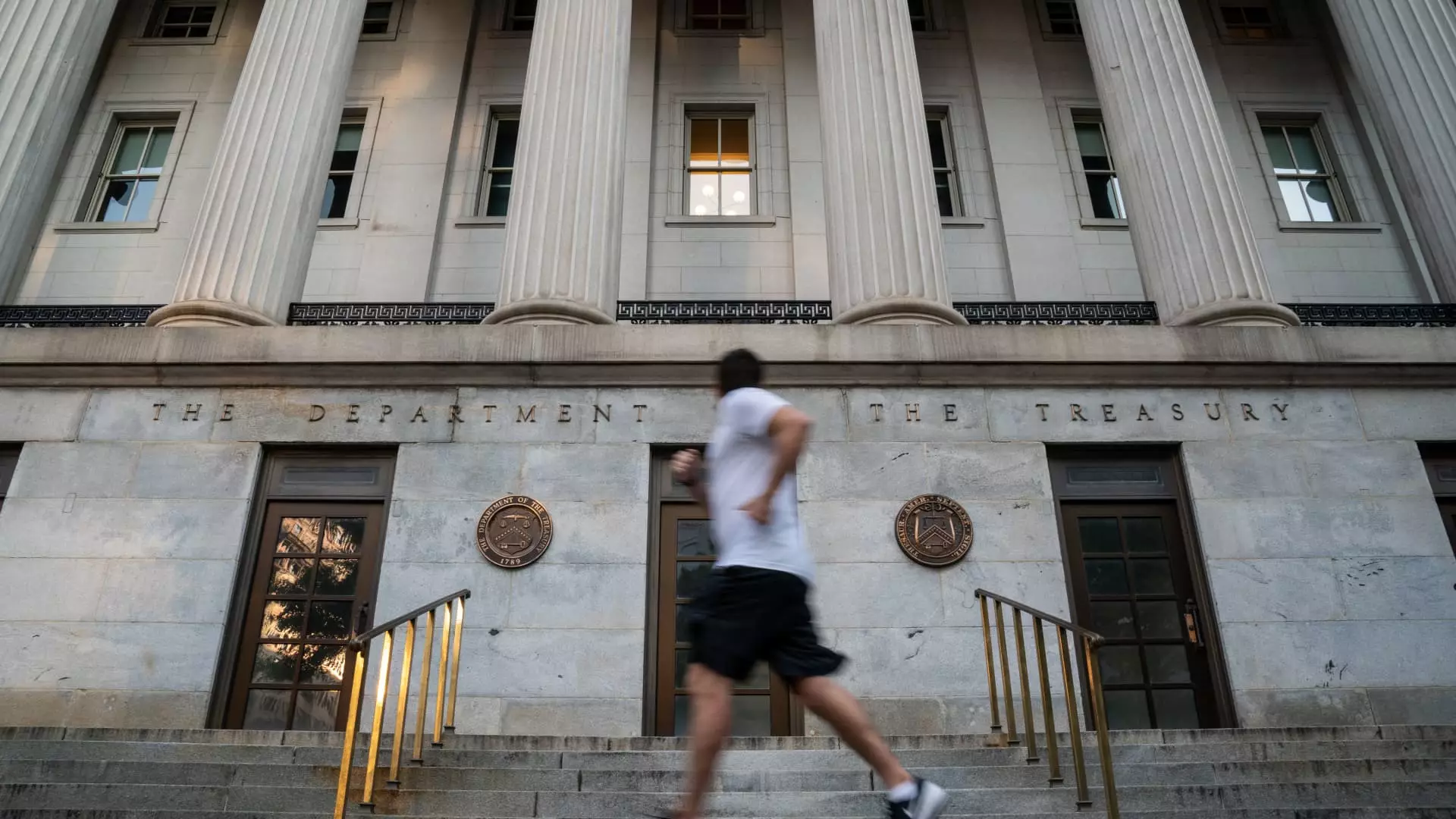In an unexpected twist, the U.S. Department of Treasury has decided to overturn an essential requirement that mandated small businesses to disclose information about their owners. This decision comes in the aftermath of the Corporate Transparency Act, which was initially designed to shine a light on the dark recesses of financial opacity. By enforcing such reporting requirements, the government aimed to dismantle the criminal networks that leverage shell companies for illicit activities. The recent move to exempt U.S. citizens and companies from this obligation marks not just a bureaucratic hiccup, but a substantial setback in the ongoing fight against financial crimes.
The Financial Crimes Enforcement Network (FinCEN), which oversees these regulations, released an interim rule on March 21 that, while open for public comment, poses grave concerns for national security. By significantly narrowing the focus of the reporting requirement, the Treasury’s decision could create loopholes that criminals will gladly exploit. The estimated drop from 32.6 million entities required to report to a mere 20,000 reflects a shocking retreat from a law aimed at combating corruption and illegal finance.
Implications for National Security and Economic Integrity
The implications of this change extend far beyond bureaucratic inconvenience; they touch the very foundation of American economic integrity. Legal experts have voiced their dismay, pointing out that the easing of these regulations risks diluting the original intent of the Corporate Transparency Act. Erin Bryan, a partner at Dorsey & Whitney, succinctly highlighted the potential for shell companies to flourish without oversight, saturating the marketplace with untraceable entities that could serve as fronts for money laundering and other criminal activities.
Moreover, this change aligns disturbingly with a broader trend towards deregulation that was prominently championed during the Trump administration. When a government prioritizes the supposed ease of business over the need for accountability, it can inadvertently empower the very forces of corruption that democracy seeks to keep in check. The enforcement of civil penalties and criminal fines has already languished, which raises alarming questions about the government’s commitment to preserving a transparent financial system.
A Global Discrepancy in Financial Regulation
While the U.S. seems to be stepping back from issues of financial transparency, other industrialized nations have embraced stricter regulations with open arms. Countries across Europe and beyond have long established reporting requirements intended to thwart money laundering and promote accountability. The disparity is striking: while global efforts to combat financial opacity are underway, the U.S. appears to be disengaging from that vital conversation. The inconsistency invites not only foreign skepticism but also jeopardizes the U.S.’s international standing as a defender of financial integrity.
The fact that FinCEN has stated that foreign companies conducting business on U.S. soil will still need to report suggests a troubling paradox. It communicates that even as domestic entities are granted leniency, foreign firms remain under the scrutiny of a system designed to ensure transparency. This inconsistency could lead to an influx of foreign entities looking to exploit the favorable conditions here, accelerating the very problems the Treasury intends to mitigate.
The Role of Public Interest and Alternative Avenues
In the interim rule, FinCEN claims to have considered the balance between collecting beneficial ownership information and the regulatory burdens this imposes. The argument made relies heavily on the notion of public interest and the cost of compliance. However, this perspective raises a fundamental question: What public interest is being served when the opportunity for accountability is stripped away?
The assertion that alternative sources of information can adequately compensate for reduced oversight exhibits an alarming level of complacency. The idea that less regulation equals less burden is a dangerous narrative that undermines the integrity of our financial systems. It suggests that the government is admitting its inability to monitor financial activity, rendering itself vulnerable to those who wish to exploit its laissez-faire approach.
A Call for Reckoning
As this situation unfolds, it is imperative for the public and lawmakers alike to recognize the gravity of these developments. The dismantling of reporting requirements is not merely a regulatory change; it is a call to arms for those who value transparency and accountability. The silence that may follow in the face of this decision is more dangerous than the regulations that were put in place. We must demand more from our government and insist that transparency remains the cornerstone of our economic fabric, not a mere option subject to change at will.

